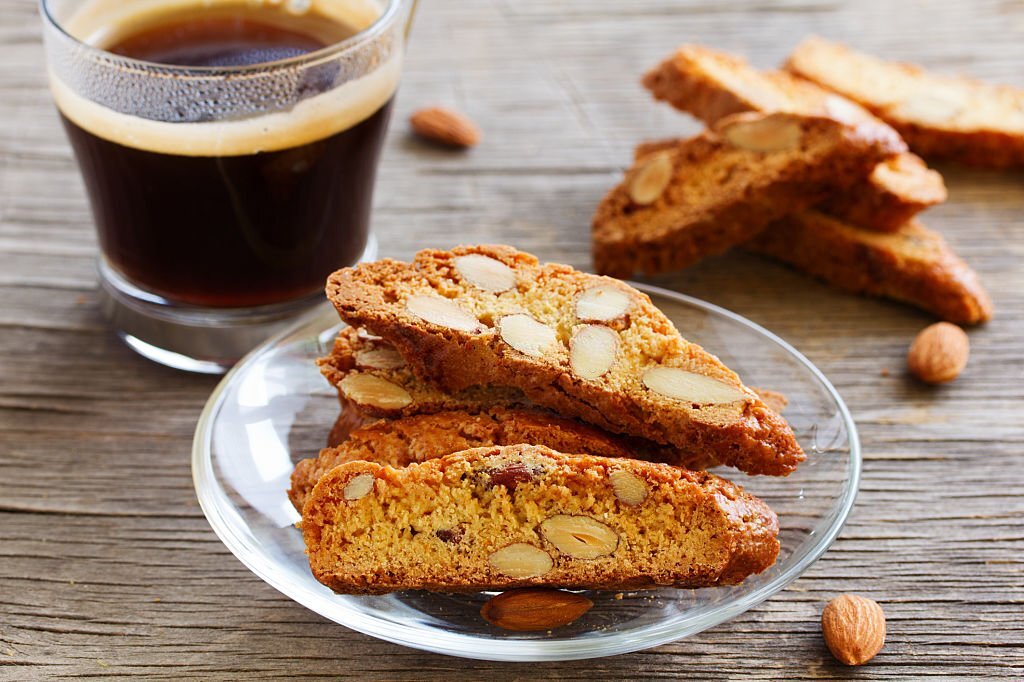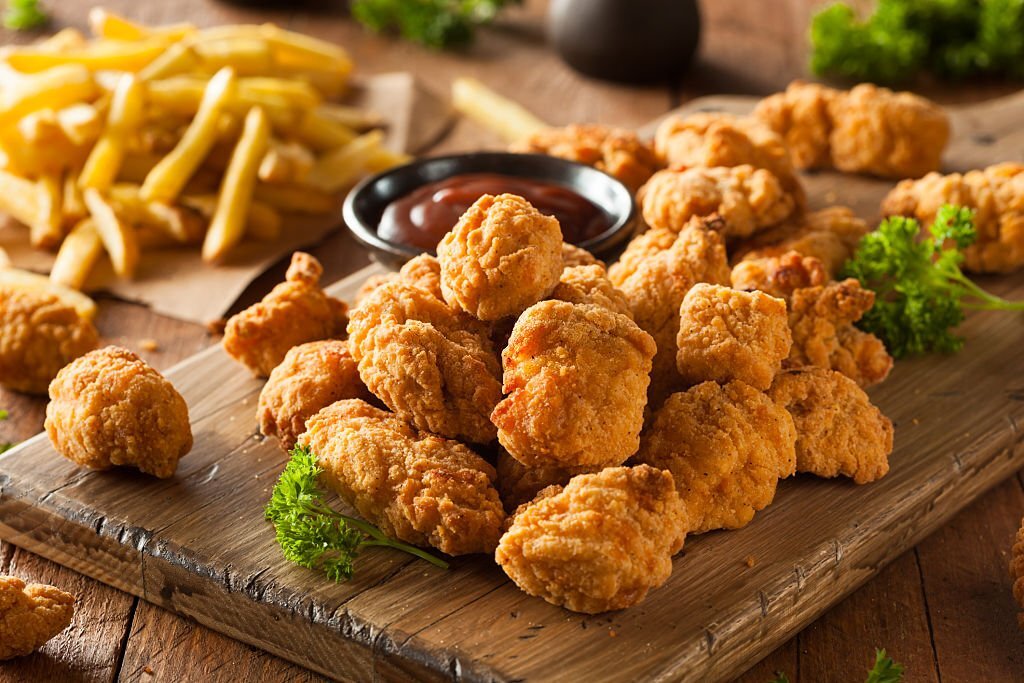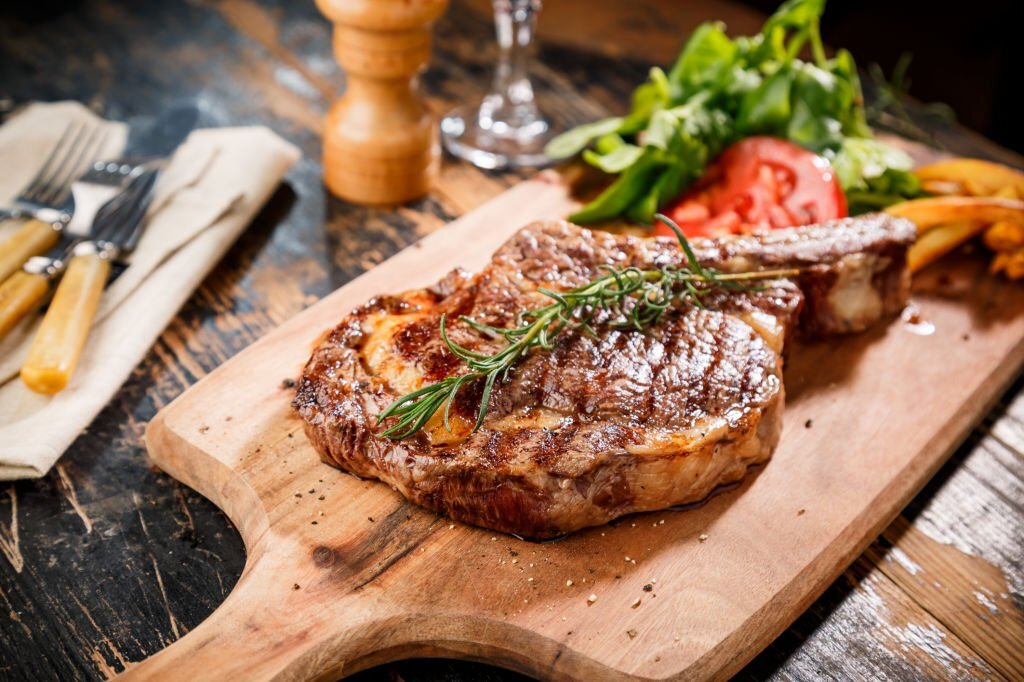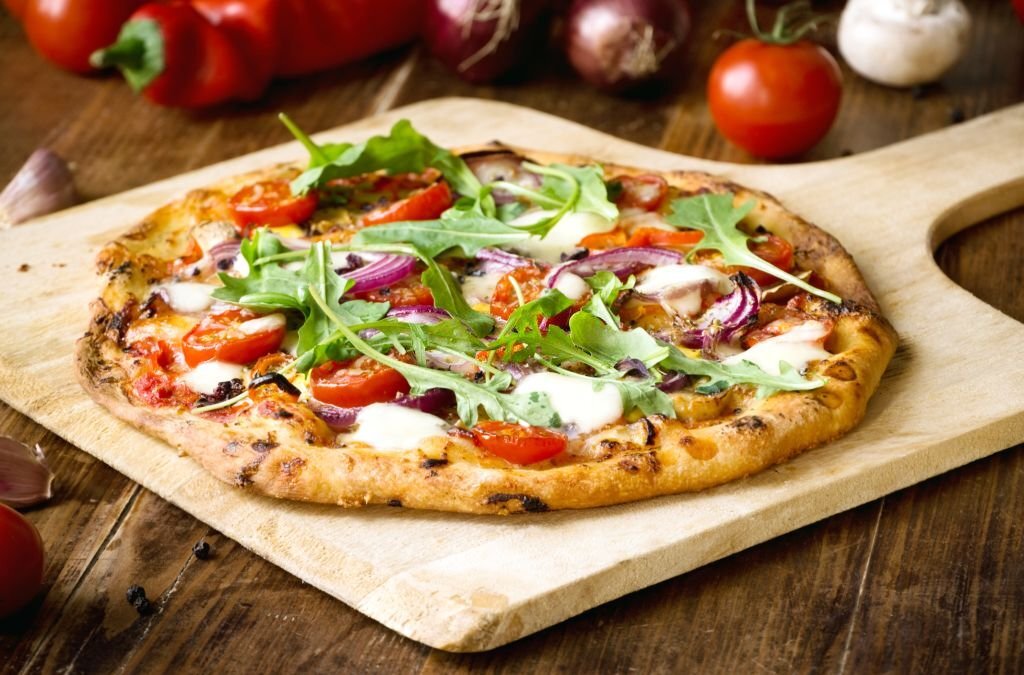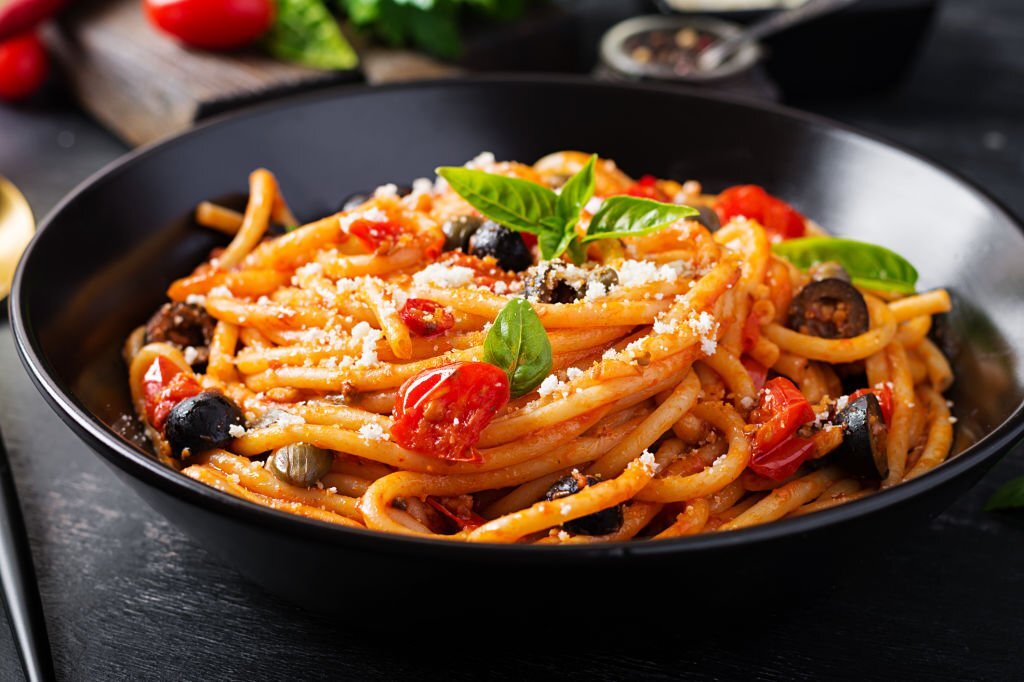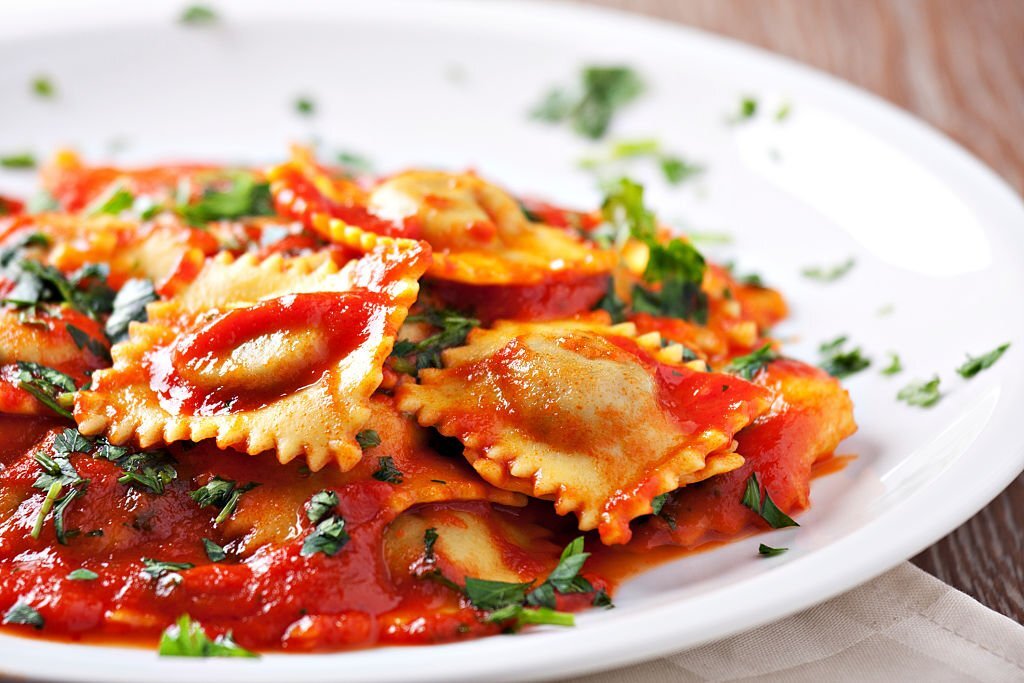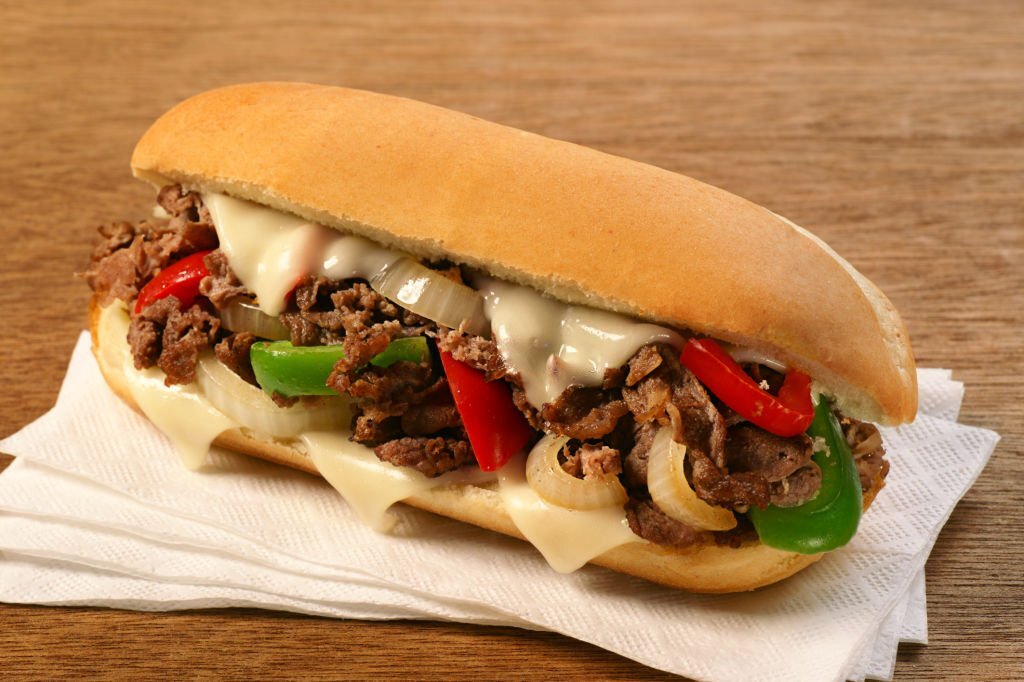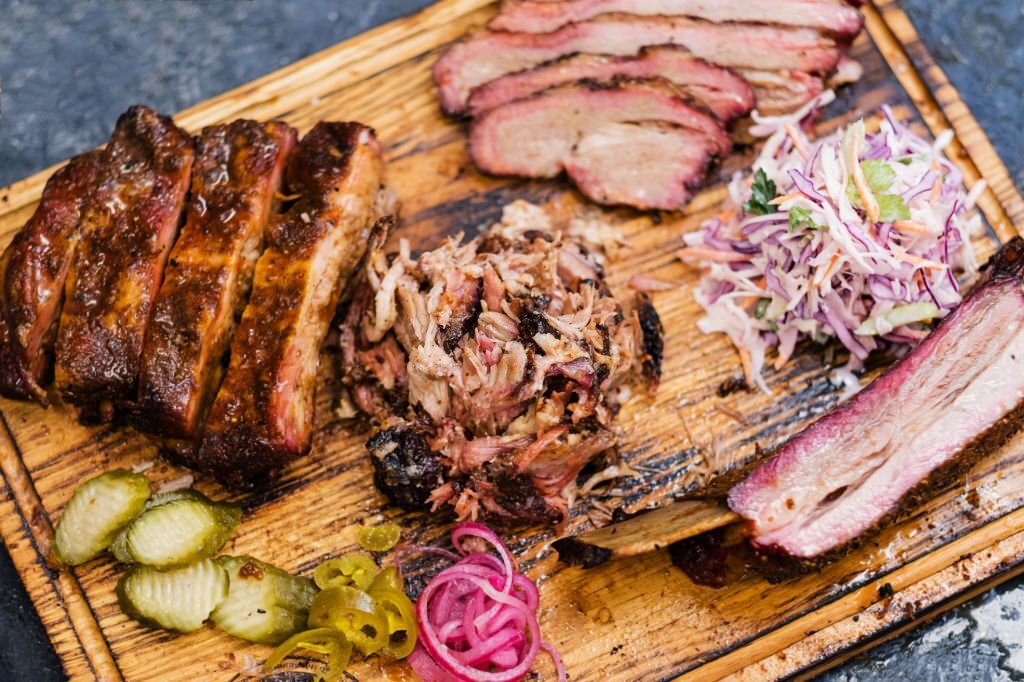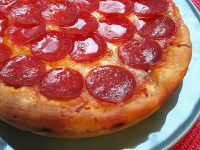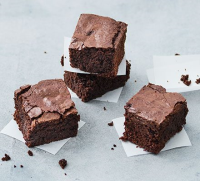More about "eating smaller meals more frequently recipes"
SIX SMALL MEALS A DAY DIET | LIVESTRONG.COM
From livestrong.com
See details
SMALL, FREQUENT MEALS - AMERICAN SOCIETY FOR NUTRITION
Nov 11, 2015 · Small, frequent meals, also referred to as grazing, picking, nibbling, and snack-eating, is a dietary pattern characterized by consuming multiple meals throughout the day. This dietary pattern has been on a rise, thanks to aggressive marketing of snacks, decline in home-meal preparation, longer waking hours, among other reasons.
From nutrition.org
From nutrition.org
See details
6 MEALS A DAY FOR WEIGHT LOSS - WEBMD
Continued. People who regularly eat breakfast tend to weigh less than those who skip their morning meal. They also get more nutrients like vitamins D, B12, and A. They may even be more likely to ...
From webmd.com
From webmd.com
See details
ARE SMALL, FREQUENT MEALS REALLY BETTER FOR YOU?
Nov 04, 2017 · So let’s assume, for comparison purposes, that you eat 1,800 calories each day. The principle of the thermic effect of food is what’s led some to speculate that eating smaller, more frequent meals increases your metabolism. In theory, dividing 1800 calories into six meals, rather than three, seems like it might increase total calories burned.
From cookinglight.com
From cookinglight.com
See details
HOW FREQUENT MEALS HELP KEEP ENERGY HIGH – CLEVELAND CLINIC
Jun 04, 2018 · How Small, Frequent Meals Can Help Athletes Keep Energy High Mini-meals can aid in satisfying the appetite, stabilizing blood sugar levels, and providing nutrients to the body throughout the day.
From health.clevelandclinic.org
From health.clevelandclinic.org
See details
SMALL, FREQUENT MEALS ARE BETTER FOR YOUR METABOLISM ...
Dec 16, 2014 · Smaller, more frequent meals are optimal, the researchers say. Burning the Right Fuel at the Right Time The human body relies on two main food-related fuel sources for energy – carbohydrates and fat.
From dukehealth.org
From dukehealth.org
See details
5 MEALS A DAY: CAN SMALLER PORTIONS BOOST YOUR WEIGHT LOSS ...
Eating smaller, more frequent meals may aid in making your metabolism since your body is always burning off calories. Skipped meals can contribute to a slower metabolism that contributes to weight gain (9). People with faster metabolism tend to burn more energy and therefore won’t gain weight as easily. Are There Any Cons To Eating 5 Meals A Day?
From betterme.world
From betterme.world
See details
SMALLER, MORE FREQUENT MEALS - WHY IT IS RECOMMENDED
Dec 02, 2021 · As more blood is drawn to the digestive tract, less may be available for maintaining blood pressure. To avoid problems with low blood pressure which occurs after meals, try eating smaller, more frequent meals and resting after eating to lessen episodes of dizziness. Avoid taking hypotensive drugs before meals.
From diagnose-me.com
From diagnose-me.com
See details
14 WAYS TO EAT SMALL PORTIONS DURING MEALS - WIKIHOW
Oct 08, 2021 · 3 Grab a smaller dish and serving spoon. 4 Avoid eating out of a package or container. 5 Split restaurant entrees in half. 6 Add a little spice to your meals. 7 Wait 10-20 minutes before going back for seconds. 8 Practice eating mindfully. 9 Serve up small sports ball-sized portions of fruits and veggies.
From wikihow.com
From wikihow.com
See details
5 MEALS A DAY: CAN SMALLER PORTIONS BOOST YOUR WEIGHT LOSS ...
Eating smaller, more frequent meals may aid in making your metabolism since your body is always burning off calories. Skipped meals can contribute to a slower metabolism that contributes to weight gain (9). People with faster metabolism tend to burn more energy and therefore won’t gain weight as easily. Are There Any Cons To Eating 5 Meals A Day?
From betterme.world
From betterme.world
See details
HOW OFTEN SHOULD YOU EAT? | FOOD NETWORK HEALTHY EATS ...
The Theory: Nutrition experts tend to recommend eating 3 balanced meals (350 to 600 calories each) and 1 to 3 snacks per day (between 150 and 200 calories each).The calories for each meal and ...
From foodnetwork.com
From foodnetwork.com
See details
BIG LUNCH, SMALL DINNER MEAL PLAN | EATINGWELL
Mar 02, 2017 · New research shows that eating your biggest meal of the day at lunch instead of at dinner may help you slim down. In a study published in the American Journal of Clinical Nutrition, study participants were instructed to follow a 1,500-calorie diet and either eat most of their calories midday and a smaller dinner, or the reverse.After 12 weeks, the participants who had the big lunch lost 3 more ...
From eatingwell.com
From eatingwell.com
See details
WHY GRAZING IS GOOD FOR YOU: EATING SMALLER MEALS TO LIVE ...
Nov 03, 2011 · How eating smaller meals more frequently can lead to a longer, healthier life Nov 3, 2011 If I could give only one health recommendation to my patients, it would be: Just graze on real foods!
From prevention.com
From prevention.com
See details
EAT SMALL MEALS 5 TIMES A DAY: SAMPLE MENU PLAN | SMALL ...
Meal Plan: 1,200 calories (summer) So instead of posting a screenshot of my daily calories from www.calorieking.com, I've decided to do up some basic meal plans of the types of meals that I am trying to eat on a regular basis. I don't do this every single day - especially the lunch meal. For me, it is easier to bring salad ingredients into work ...
From pinterest.com
From pinterest.com
See details
MEAL PLANS FOR 6 MEALS A DAY - SIMPLY FRESH | CONVENIENCE ...
While dietary guidelines typically recommend that you eat at least three meals and one snack a day, some people are more successful with weight loss if they eat smaller, more frequent meals. A six-meal-a-day plan may help you to better manage hunger and maintain energy levels.
From simplyfresh.info
From simplyfresh.info
See details
11 MYTHS ABOUT FASTING AND MEAL FREQUENCY
Jul 22, 2019 · For example, eating smaller, more frequent meals does not boost your metabolism or help you lose weight. What’s more, intermittent fasting is far from unhealthy — and may offer numerous benefits.
From healthline.com
From healthline.com
See details
SIX SMALL MEALS PER DAY DIET PLAN | HEALTHY LIVING
Sep 30, 2017 · Six Small Meals Per Day Diet Plan. A diet plan focused on eating six small meals per day is based on the idea that decreasing the amount of time between meals increases metabolism. In addition, and perhaps more importantly for some, eating more often helps keep you from getting overly hungry. This type of eating program takes some planning, but ...
From healthyliving.azcentral.com
From healthyliving.azcentral.com
See details
5 WAYS TO STABILIZE BLOOD SUGAR WITH MEAL TIMING
Jun 21, 2016 · 3. Eat Frequently. A consistent eating routine can help avoid dramatic peaks and valleys in blood glucose ranges and can help you reach a more stable blood glucose level from morning to night. This typically means eating frequent, small but wholesome meals about every three to four hours.
From blogs.webmd.com
From blogs.webmd.com
See details
WEIGHT LOSS: HOW MANY MEALS A DAY? - ONHEALTH
Jun 22, 2017 · Experts debate how often we should eat for weight loss. To eat three meals a day or to eat six small meals a day: that is the question. If you have heard about or read Jorge Cruise's new book, The 3-Hour Diet, you would bet the answer is the latter. But many nutrition researchers out there say, "not so fast!"
From onhealth.com
From onhealth.com
See details
Eating little and often can help improve a reduced appetite. Try and include three small meals and 2-3 nourishing snacks per day Serve a smaller portion of your meal to prevent feeling overwhelmed, you can always go back for more Smoking, as well as being bad for your health, can also suppress your appetite. If you
From thh.nhs.uk
From thh.nhs.uk
See details
ELDERLY NUTRITION | HEALTHY EATING FOR SENIORS | ELDERLY ...
Dec 17, 2021 · Don't Skip Meals: Skipping a meal usually makes someone eat more at the following meal and can drop blood sugars causing dizziness. If not hungry, it is better to eat a little than to skip. Eat small Meals More Often: It is better for most seniors to eat 5-6 small meals a day because this can: Reduce the highs and lows of insulin levels
From sageminder.com
From sageminder.com
See details
MEAL PLAN TIPS FOR EATING DISORDER AND ANOREXIA RECOVERY ...
Nov 16, 2017 · Eating large amounts of food at once is often not easy at this stage. But choosing nutrient-rich foods in a smaller portion will be more manageable, and you won't be depriving your body. Focus on getting a variety of food groups in your meals. Try to include some protein, fat, carbs and fruits and vegetables.
From patient.info
From patient.info
See details





